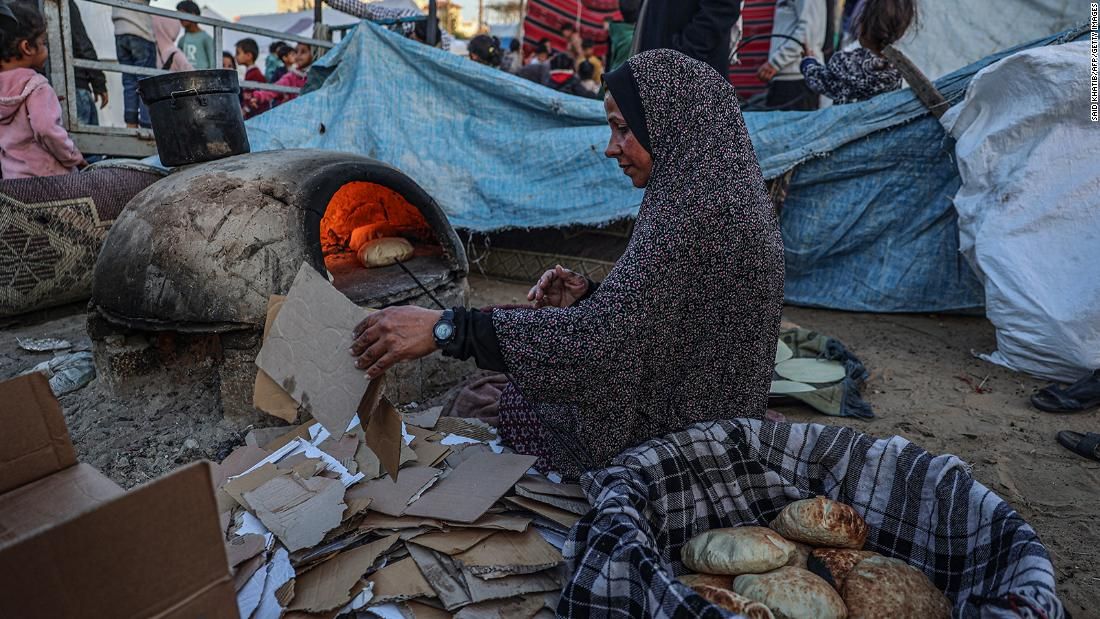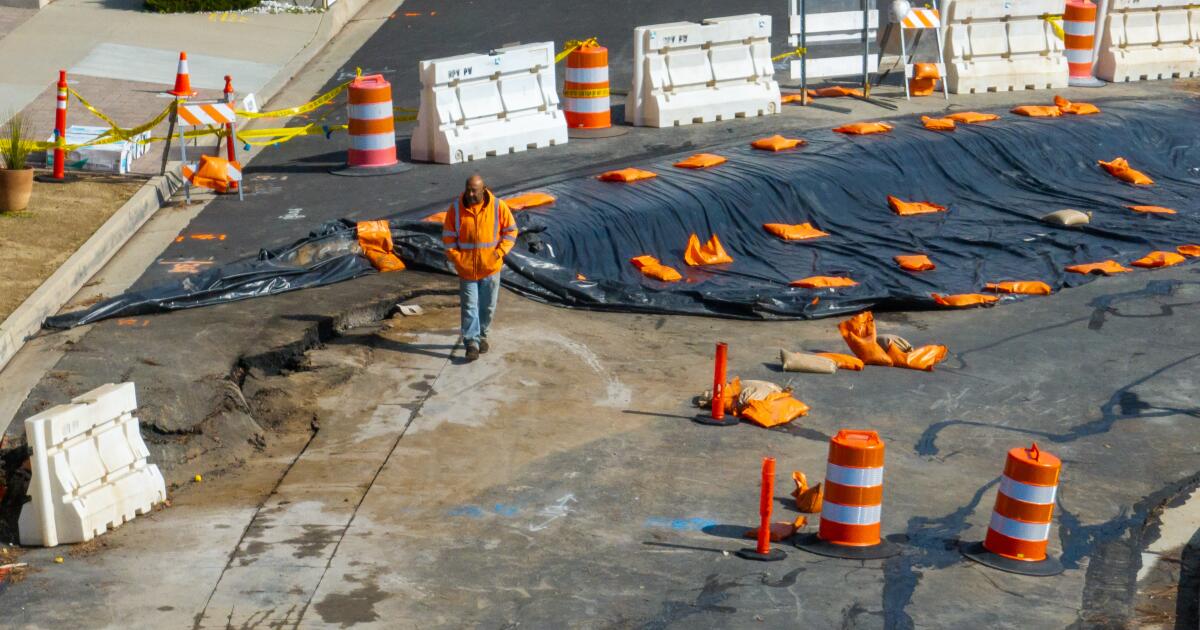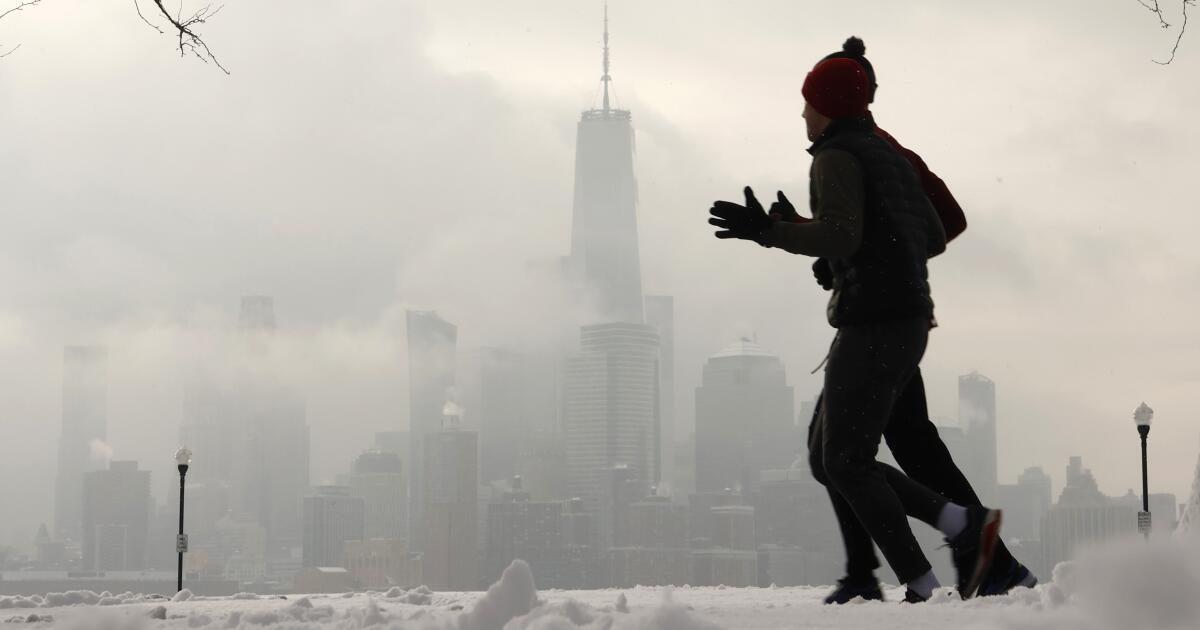The Israeli bombing of Gaza has annihilated entire neighborhoods, crushed the medical system and leveled hundreds of mosques, turning religious shrines into war relics.
At least 1,000 of 1,200 mosques, including ancient sites, have been partially or completely destroyed as of February, Gaza's Ministry of Endowments and Religious Affairs told CNN.
Israeli strikes on Gaza since October 7 have killed more than 100 preachers, including religious scholars, imams, muezzins (those who give the call to prayer) and hafiz (Muslims who have memorized the Quran), according to the ministry.
Residents told CNN they cannot find enough space to attend nightly Taraweeh prayers because places of worship have been destroyed. Taraweeh prayers are performed every night of Ramadan in a congregation.
Limited access to water means that others cannot perform the obligatory ablution before prayer.
Many are unable to share communal meals with family members because forced displacement has separated families across the enclave.
Mohammed Hamouda, a displaced health worker in Rafah, told CNN that he is struggling to explain to his young children why they will not be able to feast on traditional Palestinian dishes or receive gifts this Ramadan.
“Ramadan usually has a lot of dinner invitations for our extended families. Nowadays, all the family members are in a different place,” Aseel Mousa, 26, a displaced journalist in Rafah, told CNN.
“When was the last time I heard the call to prayer without the sound of Israeli drones? I do not remember”.
Read more about how Ramadan is anything but normal for Gazans this year.












